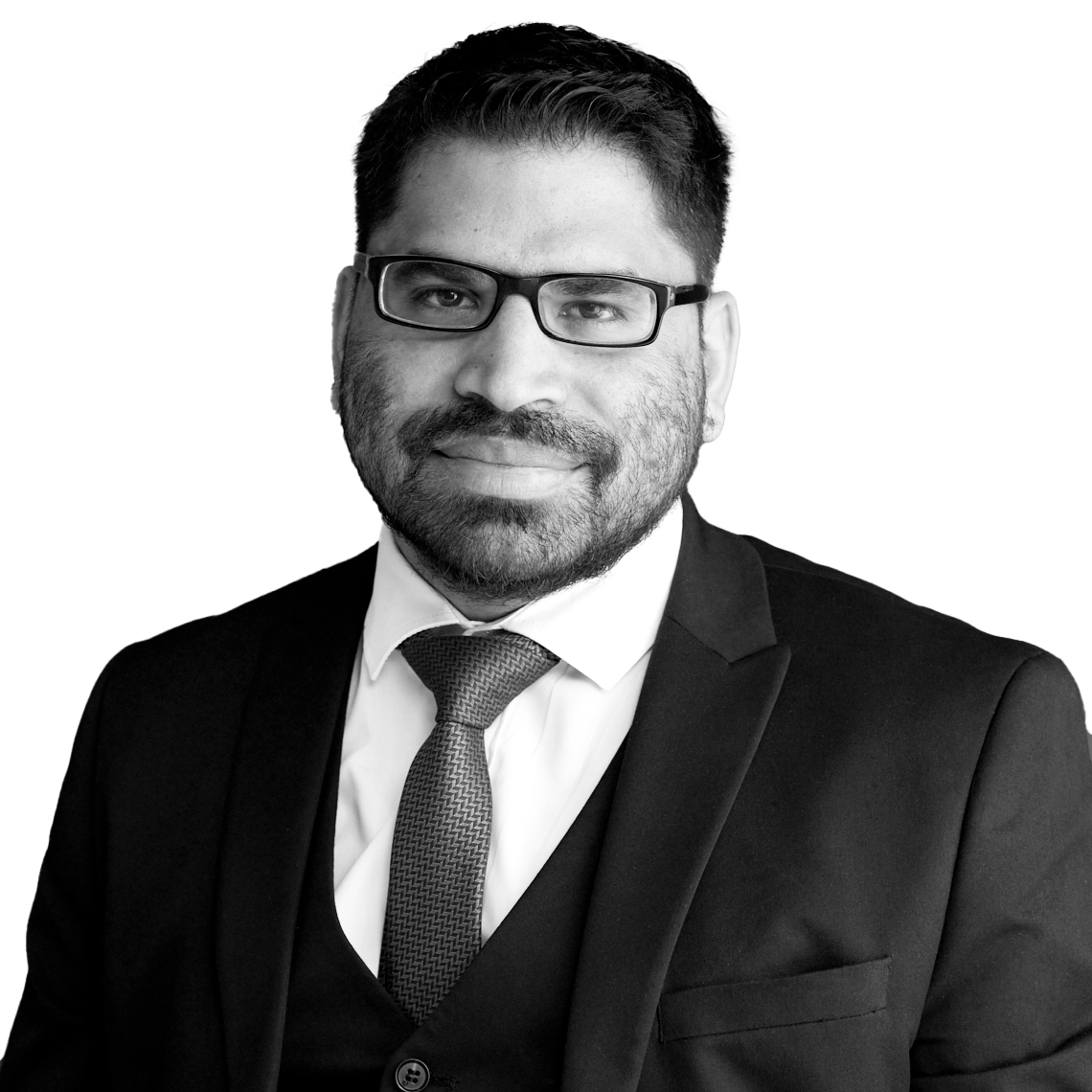U.S. News
Facebook
Keaton Jones and the Ethics of Filming Your Kids Online
GENERATION FACEBOOK
Even if they’re being adorable, even if they’re being bullied—is it ever a good idea to post videos of your children for the whole world to see?
opinion

Trending Now





